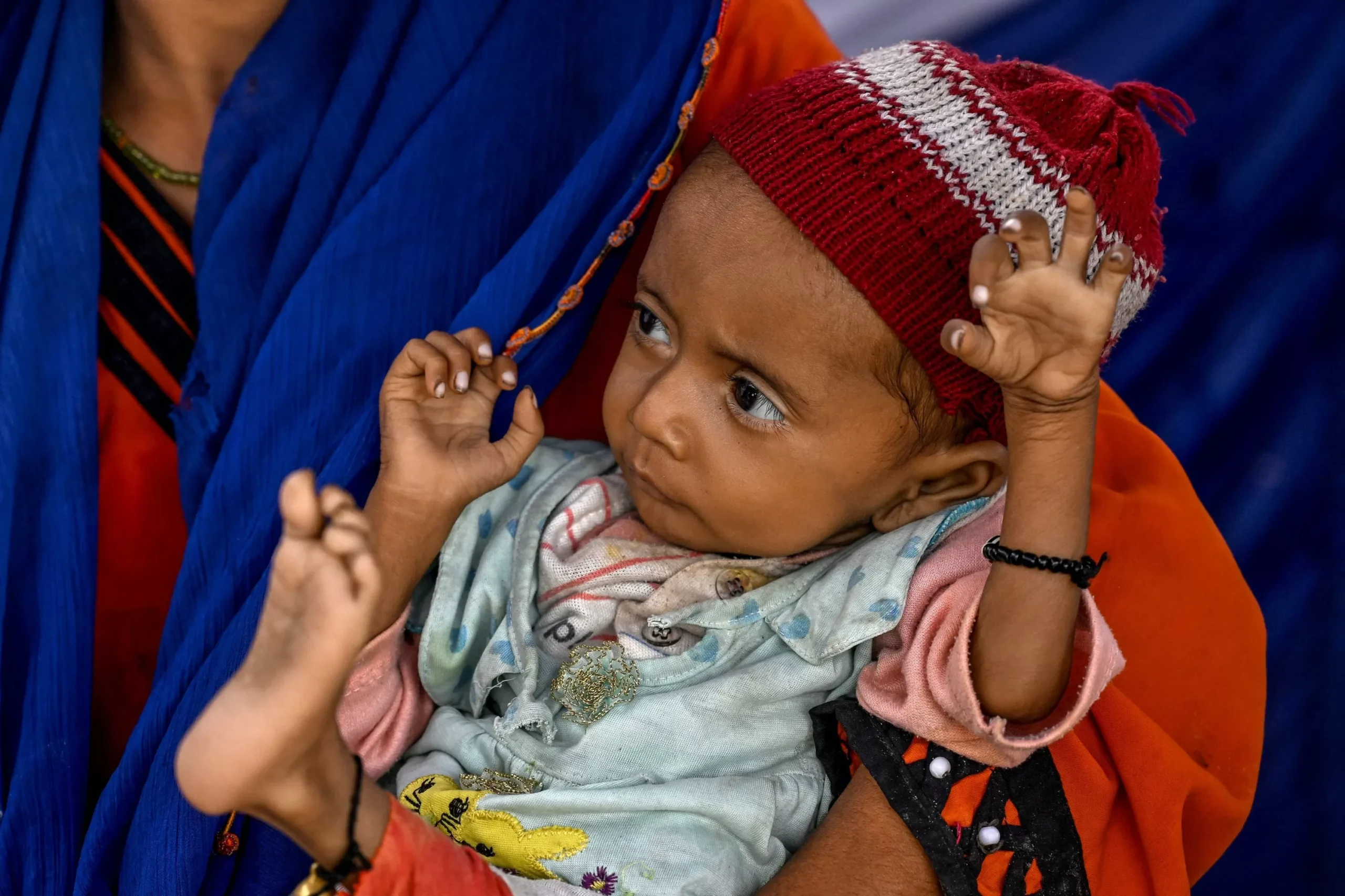Clutching their hungry babies, a group of mothers gather in a small classroom, eagerly awaiting the start of their cooking lesson. They are part of a program aimed at combating malnutrition, a widespread issue that affects nearly half of children under the age of five in developing countries.
Malnutrition is a serious problem that can have long-lasting effects on a child’s physical and mental development. It is caused by a lack of essential nutrients in the diet, leading to stunted growth, weakened immune systems, and even death. In many developing countries, poverty and food insecurity are major contributors to malnutrition, making it a complex issue that requires a multifaceted approach to address.
But here, in this small classroom, hope is being served in the form of a simple dish – semolina porridge. Under the guidance of a teacher, the mothers carefully measure out the ingredients and stir the mixture over a hot stove. The aroma of the cooking porridge fills the room, and the babies’ hungry cries are replaced with excited coos.
This cooking lesson is just one part of a larger effort to combat malnutrition in this community. The program, run by a local NGO, focuses on educating mothers on the importance of a balanced and nutritious diet for their children. It also provides them with the necessary skills and resources to prepare healthy meals on a budget.
The impact of this program is already being felt. Mothers who have been a part of it for some time have noticed a significant improvement in their children’s health. They report that their children are more energetic, have fewer illnesses, and are even performing better in school.
But the benefits of this program go beyond just physical health. The mothers themselves have also seen positive changes in their lives. They have gained confidence in their ability to provide for their families and have formed a strong support network with other mothers in the program. This has not only improved their mental well-being but has also empowered them to take charge of their families’ health.
The success of this program is a testament to the power of education and community involvement in addressing complex issues like malnutrition. By equipping mothers with the knowledge and skills to provide nutritious meals for their children, we are not only improving the health of the current generation but also breaking the cycle of malnutrition for future generations.
But this program is just one piece of the puzzle. To truly combat malnutrition, we need a coordinated effort from governments, NGOs, and communities. Governments must prioritize nutrition in their policies and allocate resources to address the root causes of malnutrition. NGOs must continue to work on the ground, providing education and support to vulnerable communities. And communities must come together to support and uplift each other, creating a strong foundation for a healthier future.
As the mothers in this program continue to stir their semolina porridge, their determination and resilience are evident. They are not just cooking a meal; they are cooking up a brighter future for their children. And with each nutritious bite, we are one step closer to a world where no child suffers from malnutrition.
So let us all join hands and support initiatives like this, for the sake of our children and the future of our communities. Together, we can make a difference and ensure that every child has access to the nutritious food they need to thrive. Let us continue to stir the pot of change and create a healthier, happier world for all.





![Complete BritRail Pass Guide [Types, How to Use It, Pros + Cons]](https://inside-news.uk/wp-content/uploads/2025/06/00221EB4-BCA2-4DBB-6CD4-83DBC37D71FA-120x86.webp)
















